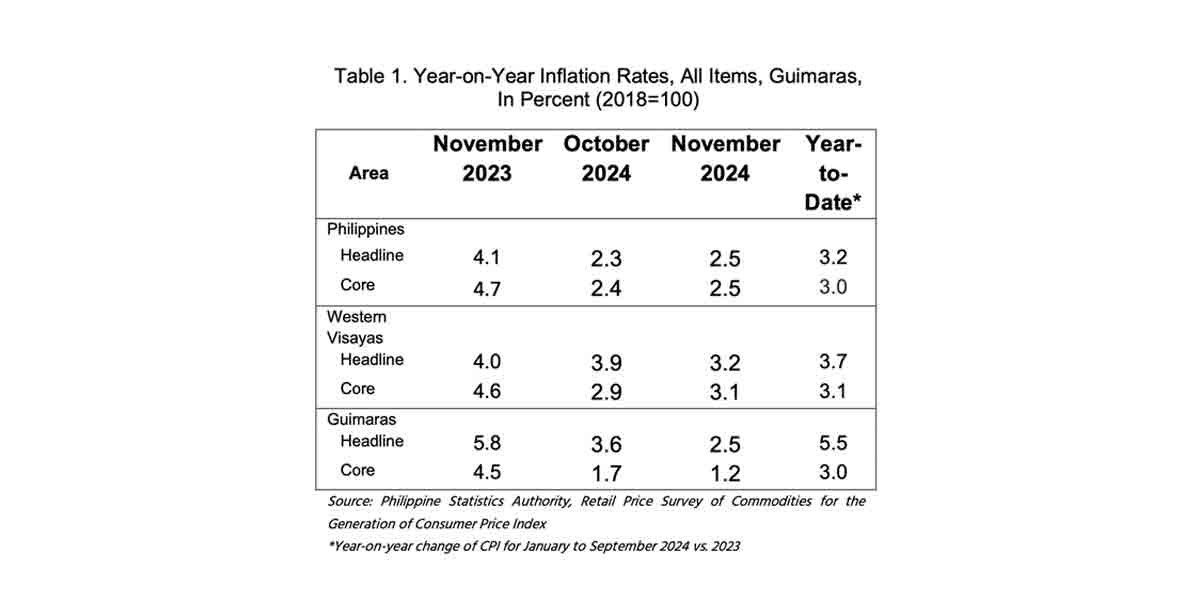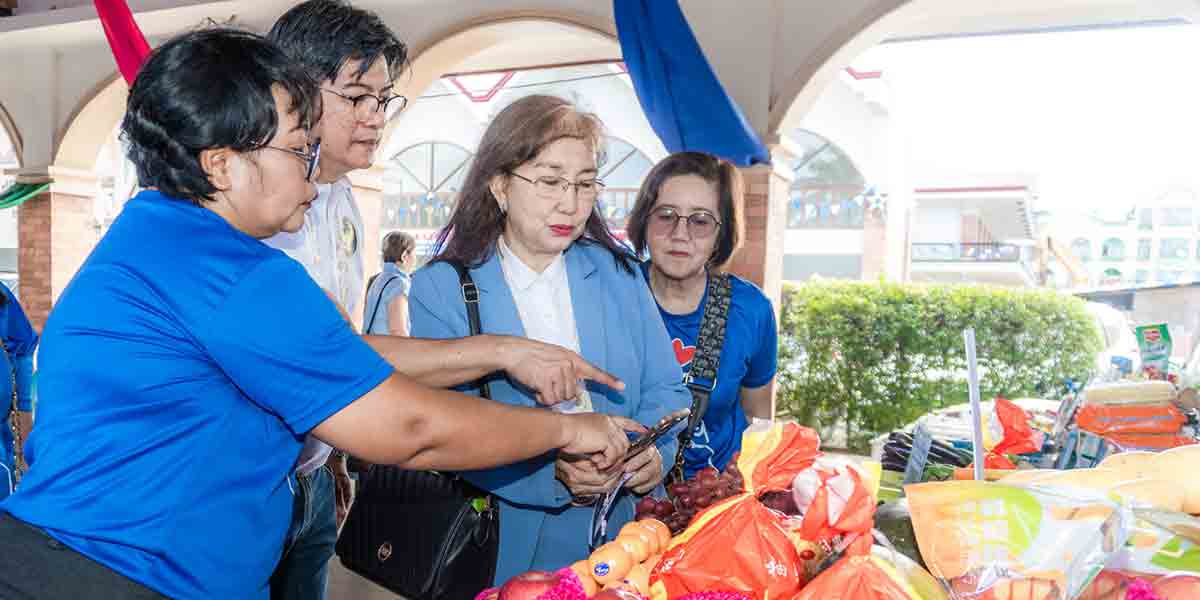 By Fr. Roy Cimagala
By Fr. Roy Cimagala
WE have to brace ourselves for the challenges of the world of growing diversity that we are living in. It’s not only growing diversity that we have to contend with. It is also a complicated one.
That’s because aside from our natural differences which are already quite challenging, we also have to contend with our man-made, artificial differences and conflicts that are even more challenging.
We have to deal, for example, with our nature-provided differences in temperaments, in race and language, our cultural and historical backgrounds, our age and generational categories. In these areas alone, there are already difficult issues to tackle, like racism, generation gaps, tribalism and elitism, and the many other forms of discrimination, the clashes of social classes, etc.
Then we have differences and conflicts in opinions and beliefs related to business, politics and even religion, as well as to culture, lifestyles, mentalities, vested interests. And with the emergence of our powerful modern technologies, this diversification has become more rapid and confusing.
Before all this diversity, we should try our best not to feel so intimidated as to either freeze in helplessness or to react with wild or even violent attitudes and actuations. Things would just get worse either way.
What we should rather do is to face this challenge calmly because only then can we see the good opportunities this diversity is actually presenting to us. This diversity is actually giving us new openings to discover new things about ourselves and everything else. It can be a stimulus for progress, growth and advancement in our own personal lives and, more importantly, in our collective life.
The basic attitude to have is to see where this diversity can lead us to initiate complementarity amid our differences. Yes, our differences and even conflicts need not be a force of division among ourselves. They can engender a greater and deeper sense of unity if we can only find a way of making these differences and conflicts play along the terms of complementarity.
This would require that we should always have a positive attitude toward this diversity. And the basis of this positive attitude can be our Christian faith in God’s omniscient providence that can allow this diversity to take place to derive a greater good.
Of course, without this Christian faith, we most likely would have a negativistic attitude toward anything that may appear to be outside our worldview. We would not be game and sport about the whole affair, and would fail to develop the art of creativity and inventiveness.
We should try to find a way of how through this diversity we can develop a sense of solidarity among the different and even conflicting agents and elements in a given situation or issue in order to achieve a certain common goal.
To be sure, given the fact that we are all human beings, there must be some goals or good that we can share in common, even if these goals are low in the hierarchy of human goals. We can always start somewhere for us to work together not only in spite of but rather because of our differences and conflicts.
For this, of course, we should try to restrain emphasizing the differences and conflicts that divide us. We should rather focus more on how our differences and conflicts can somehow work in tandem, in solidarity, to attain a shared goal.
Email: roycimagala@gmail.com

























